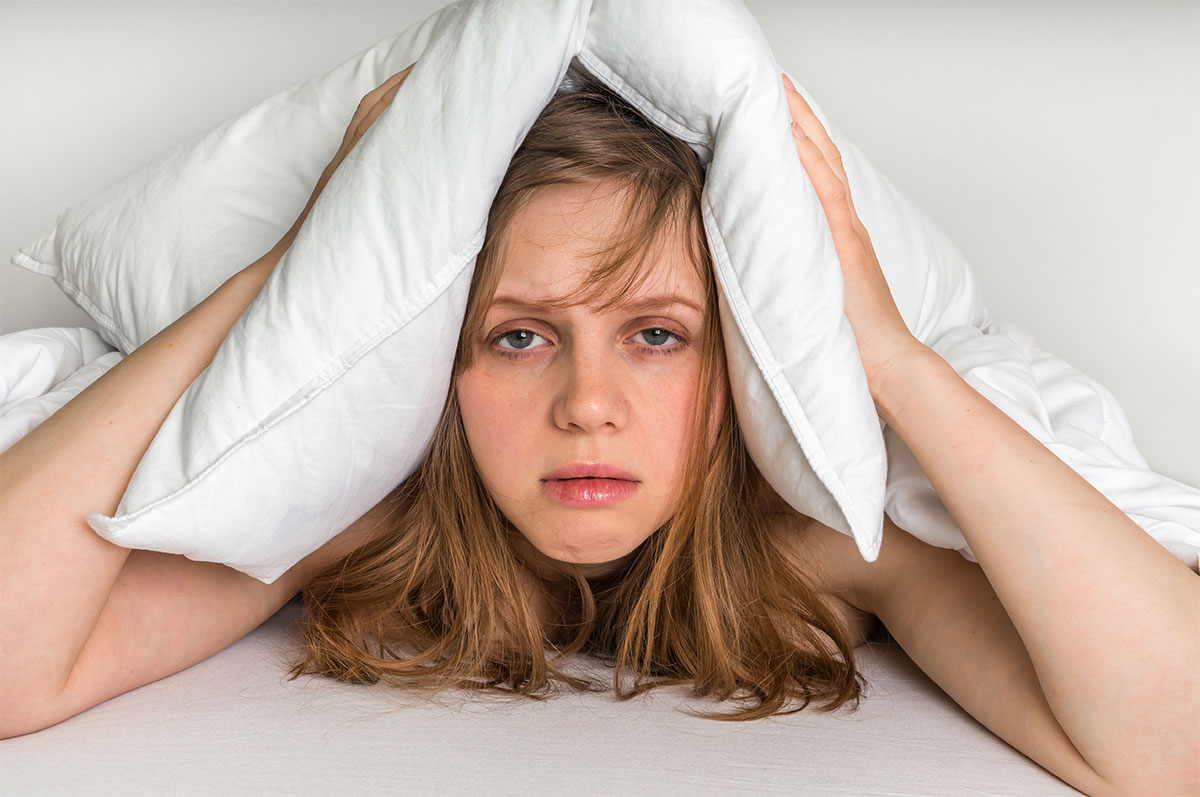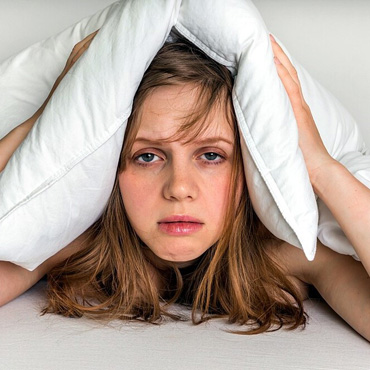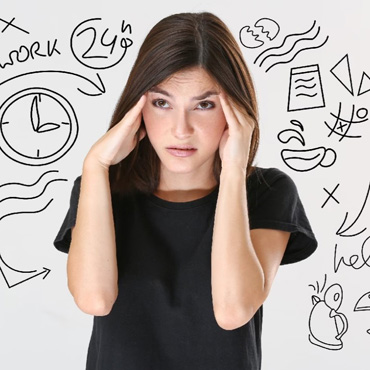Addressing Sleep Problems in Anxiety Treatment
Sleep problems often accompany anxiety disorders, creating a cycle of heightened anxiety and disrupted sleep. Here's how addressing sleep problems is crucial in anxiety treatment:
Understanding Sleep Problems
- Sleep problems, such as insomnia or restless sleep, are common symptoms of anxiety disorders.
- Individuals may experience difficulty falling asleep, staying asleep, or waking up feeling unrefreshed despite adequate time in bed.
Impact of Sleep on Anxiety
- Poor sleep can exacerbate anxiety symptoms, leading to increased worry, irritability, and difficulty coping with stress.
- Conversely, heightened anxiety can disrupt sleep patterns, creating a vicious cycle of sleep problems and anxiety.
Therapeutic Approaches for Sleep Problems
- Therapy plays a vital role in treating sleep problems associated with anxiety disorders.
- Therapists focus on addressing underlying anxiety symptoms while also targeting behaviors and thought patterns that contribute to sleep difficulties.
Cognitive Behavioral Therapy for Insomnia
- Cognitive Behavioral Therapy for Insomnia is a highly effective treatment for insomnia, addressing both the behavioral and cognitive factors that contribute to sleep problems.
- Techniques such as sleep restriction, stimulus control, and cognitive restructuring help individuals develop healthier sleep habits and reduce nighttime arousal.
Relaxation Techniques
- Teaching individuals relaxation techniques, such as progressive muscle relaxation, deep breathing exercises, and guided imagery, can help promote relaxation and improve sleep quality.
- These techniques can be incorporated into bedtime routines to signal to the body that it's time to wind down and prepare for sleep.
Sleep Hygiene Education
- Sleep hygiene education involves teaching individuals healthy sleep habits and behaviors that promote better sleep quality.
- Tips may include maintaining a regular sleep schedule, creating a comfortable sleep environment, limiting caffeine and alcohol intake, and avoiding electronic devices before bedtime.
Stress Management
- Stress management techniques, such as mindfulness meditation, stress-reducing exercises, and journaling, can help individuals manage anxiety and promote relaxation before bedtime.
- By reducing overall stress levels, individuals may find it easier to fall asleep and stay asleep throughout the night.
Medication Management
- In some cases, medication may be prescribed to help manage sleep problems associated with anxiety disorders.
- Sedative-hypnotic medications or certain antidepressants may be used to promote sleep, but these are typically considered adjunctive to therapy and lifestyle modifications.
Conclusion: Restoring Restful Sleep
In conclusion, addressing sleep problems is a crucial aspect of anxiety treatment, as poor sleep can exacerbate anxiety symptoms and impair overall well-being. Through therapy, relaxation techniques, sleep hygiene education, stress management, medication management, individuals can restore restful sleep and break the cycle of sleep problems and anxiety. By prioritizing sleep as part of anxiety treatment, individuals can improve their quality of life and better manage their anxiety symptoms.


















